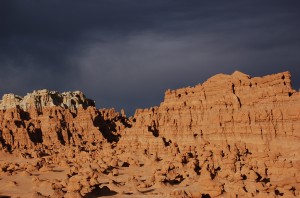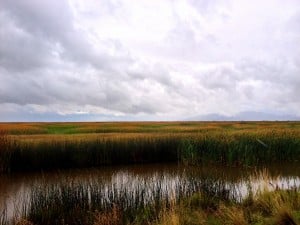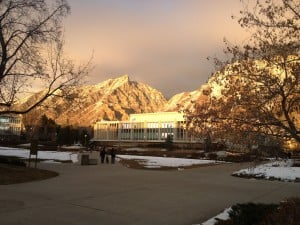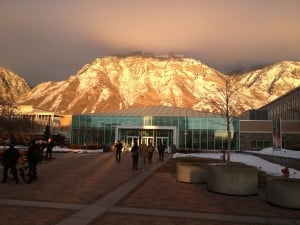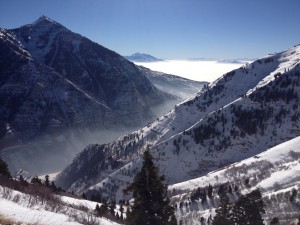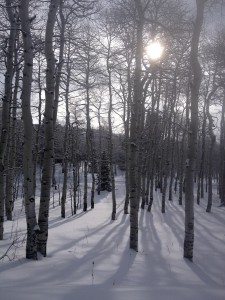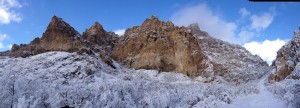LDS pioneers who arrived in the Great Basin in 1847 were, well, squatters. I don’t know what else to call them. The academic term for their development of the Great Basin is “extralegal,” that is, outside of the bounds of law. They were stepping into the ungoverned and soon-to-be contested territory of the Spanish colonies, but even if their immigration was not technically illegal, their practice of polygamy certainly was. LDS pioneers were deemed a sexually deviant and threatening... Read more

